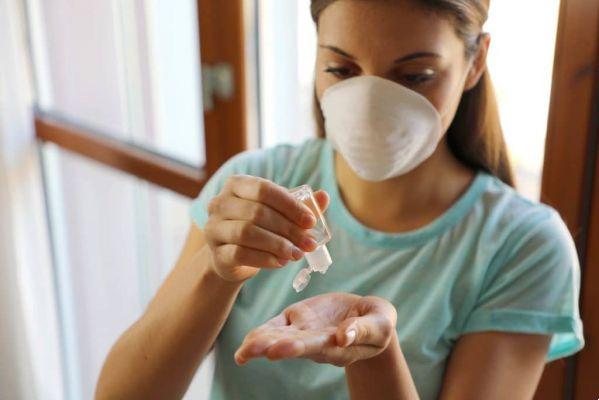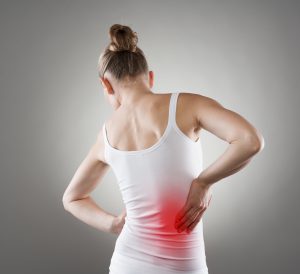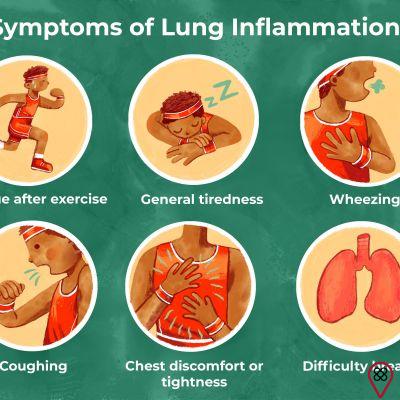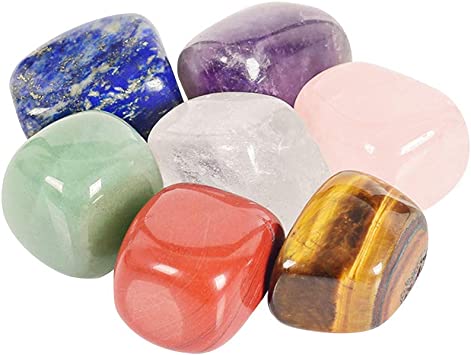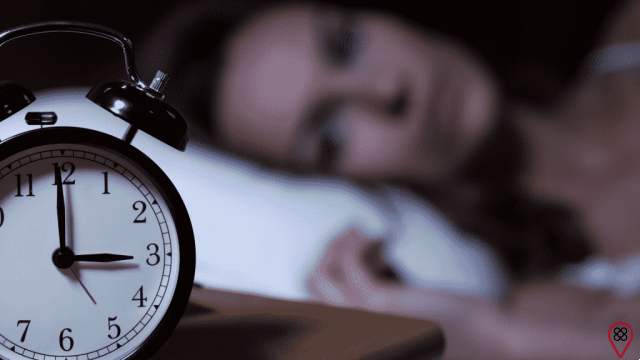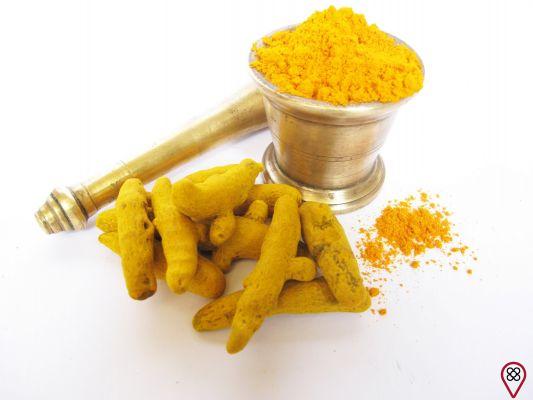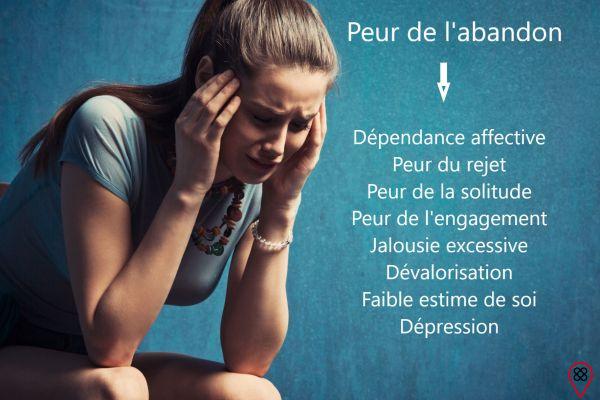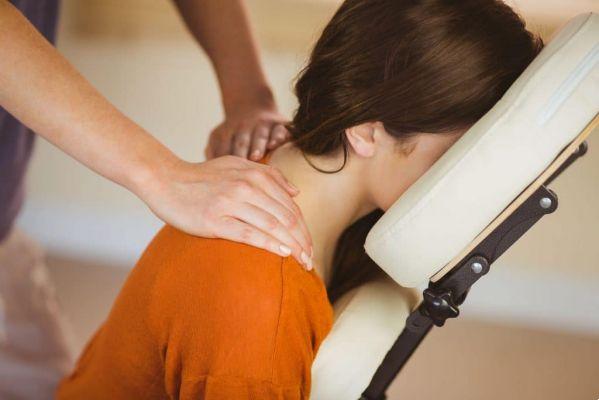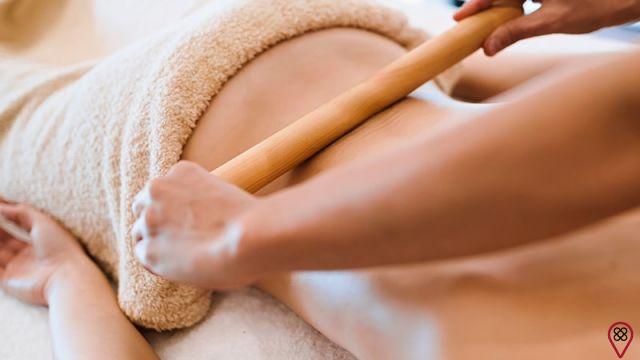Although the natural cycle of time moves us in constant change, it is common to come across situations that reflect the patriarchal model prevailing until now in modern society. Although women are protagonists of weight and pain in history, escaping persecution and fighting for a reduced place for them, men, in turn, reap the fruits of the authority attributed to them, not always with advantages, because when it comes to of health, the figure of this “hero” is not unshakable.
In 2016, the World Health Organization (WHO) showed that the life expectancy of the world population averaged 74 years for women and 69 for men. In 2019, through a survey carried out by the Instituto Españaeiro de Geografia e Estatística (IBGE), the estimate obtained was 80 years old for women and 73 years old for men, in Tupiniquin lands. The reality is that within the male universe, topics about self-care continue to be considered taboo. I wonder why?
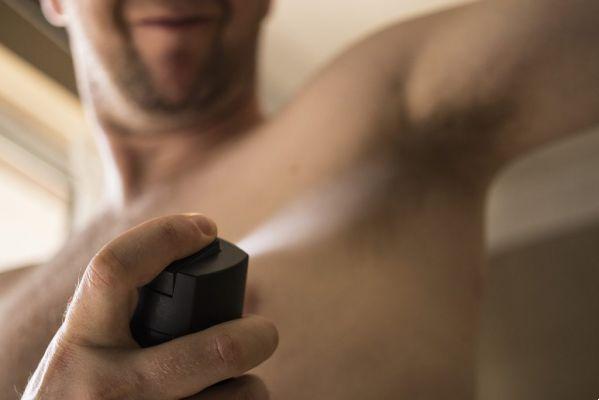
From childhood, boys are taught not to show feelings. They grow up learning that they must be brave, violent, fighters, providers. For the most part, this type of creation takes place under the virile gaze of fathers, grandfathers, uncles, cousins or male figures that perpetuate certain patterns of toxic behavior. Phrases such as “man does not cry” and “woman likes macho” are some of the examples printed and sustained, unfortunately, in the collective.
In youth, boys face puberty in a more dry and repressed way, without so much openness to dialogue. Many assume family and responsibilities early, with little maturity. In most cases, the commitment to health is delegated (or is voluntary) to the partner or mother. The reasons for refusal are variable and depend on different factors and contexts in which this man is inserted, however vulnerability is the likely situation in these environments.
Effort and dedication mark the dense saga of changing the sad reality of human health.
In 2009, the Ministry of Health instituted an ordinance aimed at promoting precautionary actions prepared for an adequate reception to this public. The National Policy for Integral Attention to Men's Health (Pnaish) was launched according to these five pillars that underpin the program: access and reception; parenting and care; diseases prevalent in the male population; prevention of violence and accidents; and sexual and reproductive health.
Unlike girls, who more often visit the doctor due to menstruation and other female issues, studies by Pnaish, in conjunction with the National Action Plan (PAN), revealed that men's search for care occurs when the disease is already present. in advanced state. In cases of prostate cancer, about 60% of patients arrive at the first consultation with a very critical condition, according to the Men's Health Reference Center of the State of São Paulo.
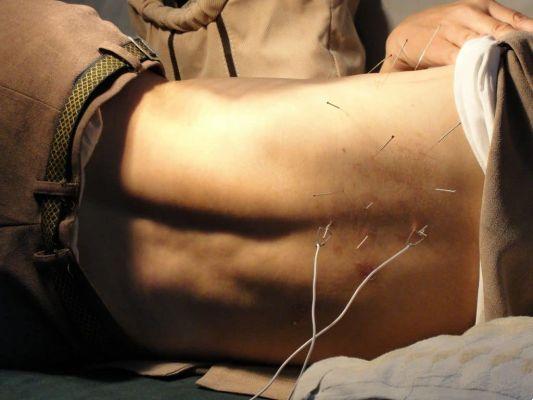
Until Pnaish was implemented, mapping surveys were carried out among men aged 25 to 59 in the following locations: Goiânia (GO), Joinville (SC), Petrolina (PE), Rio Branco (AC) and Rio de Janeiro (RJ). The indicators also pointed to the performance of professionals in the area, prioritizing the training of teams and the dissemination of the campaign as essential to reduce the problems that affect the progress of the service approach.
Lack of prevention, fear, shame, exposure to fragility: there are several reasons that contribute to this aggravating factor. The alert gained prominence with the Blue November campaign, adopted by the Instituto Lado a Lado pela Vida (LAL) in 2008, inspired by Movember, created in Australia. In 2016, the Cancer Institute diagnosed more than 60 cases of prostate cancer, identifying it as the cause of death for 28,6% of the male population.
You may also like
- Know the importance of the male figure for society!
- Have you ever heard of the sacred masculine? Stay in!
- Reflect on the link between abusive relationships and the sacred masculine!
The measures adopted serve to contribute to the awareness of all parties that involve human space. Thanks to the internet, the debate has expanded. Subjects of the male imagination such as machismo are today in films, series, television programs, serving as essays and testimonies of perhaps even subtle advances. The truth is that at every step towards the future, hope will always be for a more positive and happier scenario.



